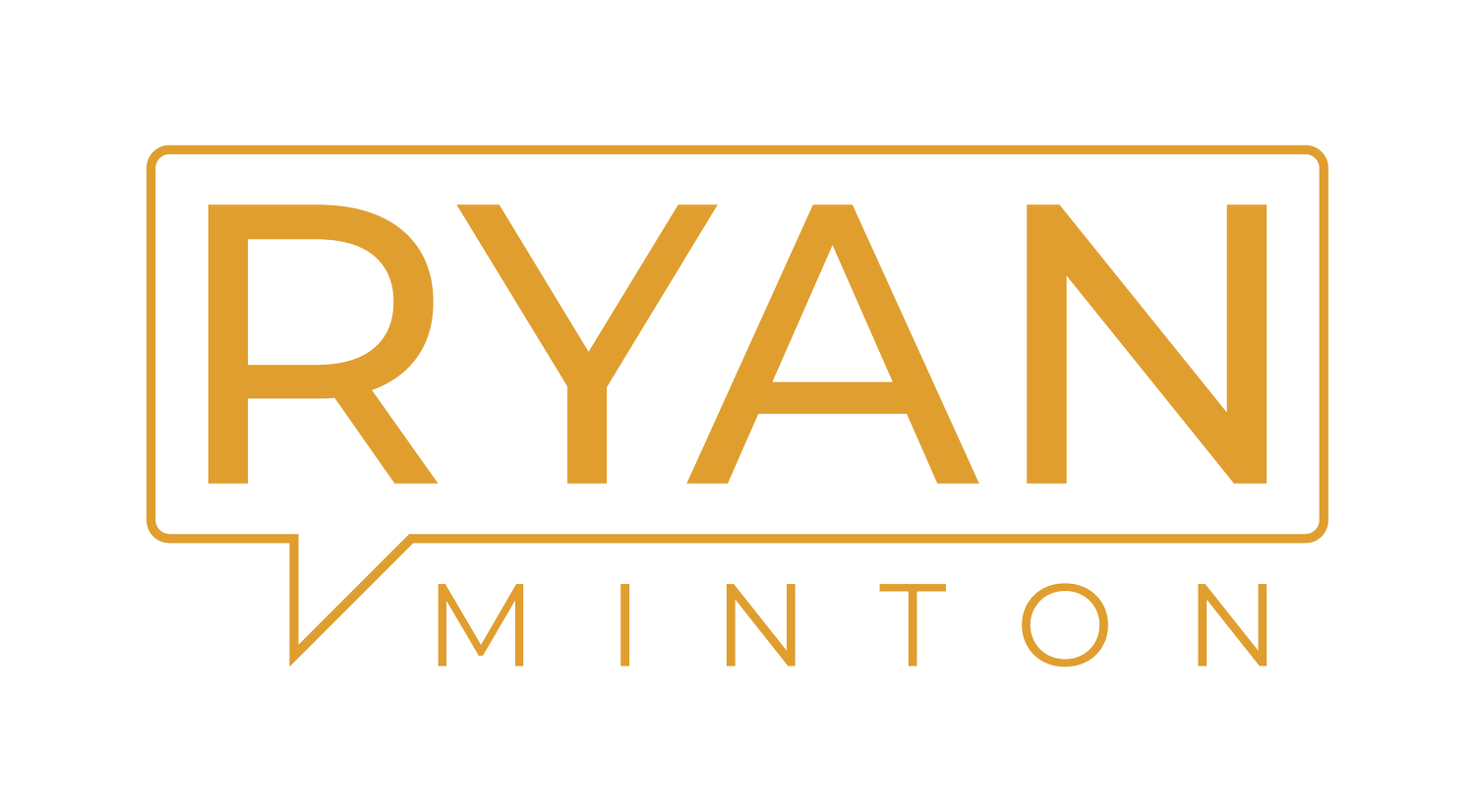'Tis The Season To Be Kind: Showing Holiday Compassion Toward Workers
This article by Ryan Minton orginally appeared on Forbes.com https://www.forbes.com/councils/forbesbusinesscouncil/2024/11/25/tis-the-season-to-be-kind-showing-holiday-compassion-toward-workers/
The scene at an airport Starbucks one morning was all too familiar to anyone who's worked in customer service. The espresso machine was down, limiting drink options to iced beverages and regular coffee. What followed was a masterclass in how not to treat our essential customer service workers.
Customer after customer approached the counter, and upon learning they couldn't get their preferred hot latte or cappuccino, many responded with visible disgust, harsh words and even personal attacks on the baristas who were simply trying their best to serve customers with limited resources. These dedicated employees maintained their composure and professionalism, even as they were berated for a situation entirely beyond their control.
As we head into the holiday season, our service industry workers are bracing for a tsunami of stressed shoppers and frazzled travelers, with retail sales projected to increase 2.5%–3.5% over last year, according to the National Retail Federation. The Transportation Security Administration expects this Thanksgiving to be the busiest Thanksgiving travel week in history. During busy travel seasons, hotels can sometimes reach capacity and restaurants may extend hours to accommodate the seasonal rush.
Behind every transaction, whether it's business to business or business to consumer, stands a human being trying their best to make someone else's day a little better. But somewhere along the way, we've forgotten a fundamental truth: The person behind the counter, phone or table is exactly that—a person. They're someone's parent, child or spouse. In the service industry, specifically, they're working hard to make ends meet in an industry where the hourly wage often hovers around $12–$15, sometimes sacrificing their own holiday celebrations to ensure ours run smoothly.
The irony isn't lost on me that during a season dedicated to gratitude and giving, we often show the least appreciation for those who serve us most directly. According to the 2020 National Customer Rage Survey, Nearly two-thirds of customers who experienced a problem experienced "rage." Meanwhile, the Bureau of Labor Statistics (via Flexkeeping) reports annual turnover rates in hospitality exceeding 70%—which is perhaps a reflection not just of wages, but of how we treat these essential workers.
What's particularly striking to me, after years in the service industry, is how many customers believe that being rude will somehow get them better or faster service. Let me assure you of something I've witnessed thousands of times: Approaching a service disappointment with kindness and understanding will get you much further than being aggressive or hostile. When customers approach problems with respect and empathy, service workers are far more likely to go above and beyond to find creative solutions. Being a jerk, quite simply, never helps your cause.
The video player is currently playing an ad.
This brings us back to those Starbucks baristas at the airport. They didn't break the espresso machine. They didn't choose to inconvenience customers. In fact, they were probably more stressed about the situation than any customer who had to settle for regular coffee. Yet they bore the brunt of customer frustration with grace and professionalism.
So what can we do to change this dynamic, especially during the high-stress holiday season? This dynamic isn't limited to retail—it applies equally to B2B relationships, vendor management and professional services where stress and tight deadlines can strain business partnerships.
• Practice conscious kindness: Recognize that stress is contagious—but so is kindness. When you approach a service counter or business interaction with patience and understanding, you're not just making that person's day better; you're contributing to a positive cycle that can impact every customer who follows you. In business contexts, this means maintaining professional courtesy even during challenging vendor negotiations, delayed deliverables or service interruptions.
• Separate person from problem: Remember that most service issues aren't personal. That broken espresso machine, delayed flight for a meeting or out-of-stock item isn't a personal attack on your day or your business. The person informing you about the problem is usually just the messenger and is often feeling just as frustrated as you are.
• Acknowledge excellence: If you experience exceptional service, take a moment to recognize it. Speak to a manager, leave a positive review or simply say thank you. Share these positive experiences on social media and review platforms—these gestures provide emotional fuel that helps workers thrive and creates a culture of appreciation. For B2B relationships, consider writing a LinkedIn recommendation for stellar vendor contacts or referring their services to your network.
• Practice empathy first: Before reacting to a service issue, take a moment to consider what might be happening behind the scenes. Is it the holiday rush? A staffing shortage? Technical difficulties? Understanding context can help moderate our reactions. Business leaders can draw on their own experiences managing client expectations or handling service disruptions to better understand both sides of challenging customer interactions.
Positive customer interactions can improve employee engagement and reduce workplace stress—creating a cycle that benefits everyone, especially during the hectic holiday season.
As we navigate this holiday season, let's remember that the person behind the counter or phone isn't just a service provider—they're a vital part of our community. They're the ones who keep our world and our businesses running smoothly, especially during the busiest and most stressful times of the year. Most genuinely want to help make your day better, but they can only do this effectively in an environment of mutual respect and understanding.
The next time you're frustrated by a service issue, take a deep breath and ask yourself: How would I want someone to treat my child, parent, employee or friend in this situation? The answer to that question should guide your response.
After all, 'tis the season of giving—and one of the greatest gifts we can give is kindness to those who serve us every day.
Ryan Minton is a customer and employee experience expert, keynote speaker and bestselling author.
